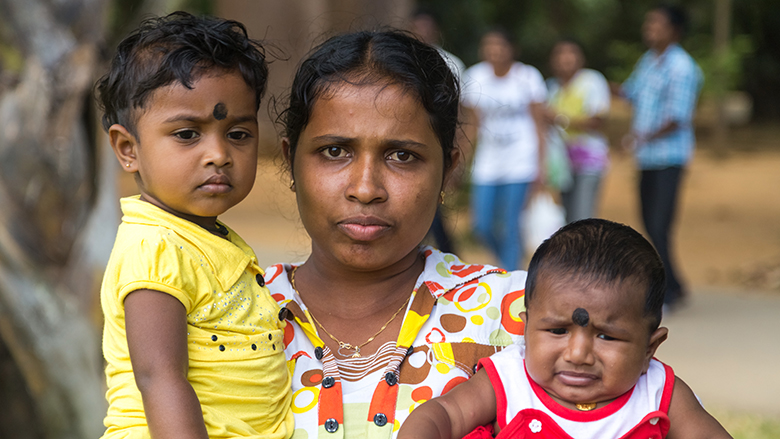Only 3 years separated the births of Fazeela Dharmaratne’s son Nethwin, and her daughter Pravindi. However, in just that time a lot of things changed for their mother. “When I had my kids, I somehow managed to devote a lot of quality time to my son, but when it came to my daughter, I was so busy I felt I ended up neglecting her a little.”
As a young woman, Fazeela joined a bank in Colombo straight out of school, securing a position as a banking assistant. Over the course of 17 years on the job, she climbed up the ladder till she was a Regional Manager, responsible for a cluster of branches.
In 2012, determined to spend more time with her children, she eventually opted for a voluntary separation scheme and went to work on something new - she bought her first preschool and day-care. It was a small home-based operation with only four or five children, but it was a start. It gave her a chance to learn the business from the ground up.
Reliable Childcare Makes a Huge Difference
Today, Fazeela is the director of the CeeBees pre-school and childcare centres and operates corporate crèches for clients like MAS Kreeda, MillenniumIT and WSO2 in Colombo.
; when the school holidays are on, the crèche lets the older siblings join in and the staff are willing to accept kids who aren’t regulars during emergencies, such as when a caregiver at home falls ill.
Fazeela offers these uncommon services because she understands intimately what working parents have to deal with. “I have gone through the same thing, holding down a position with a lot of responsibility and having to manage while trying to not feel guilty about my kids,” she says.
In fact, . A 2017 World Bank report Getting to Work: Unlocking Women’s Potential in Sri Lanka’s Labor Force, noted that this association is larger than it was in 2013, when childrearing meant women were 6 percent less likely to participate in the workforce.
Revealingly, the same study found that having young children had no significant effect on men’s prospects in the labour market.



